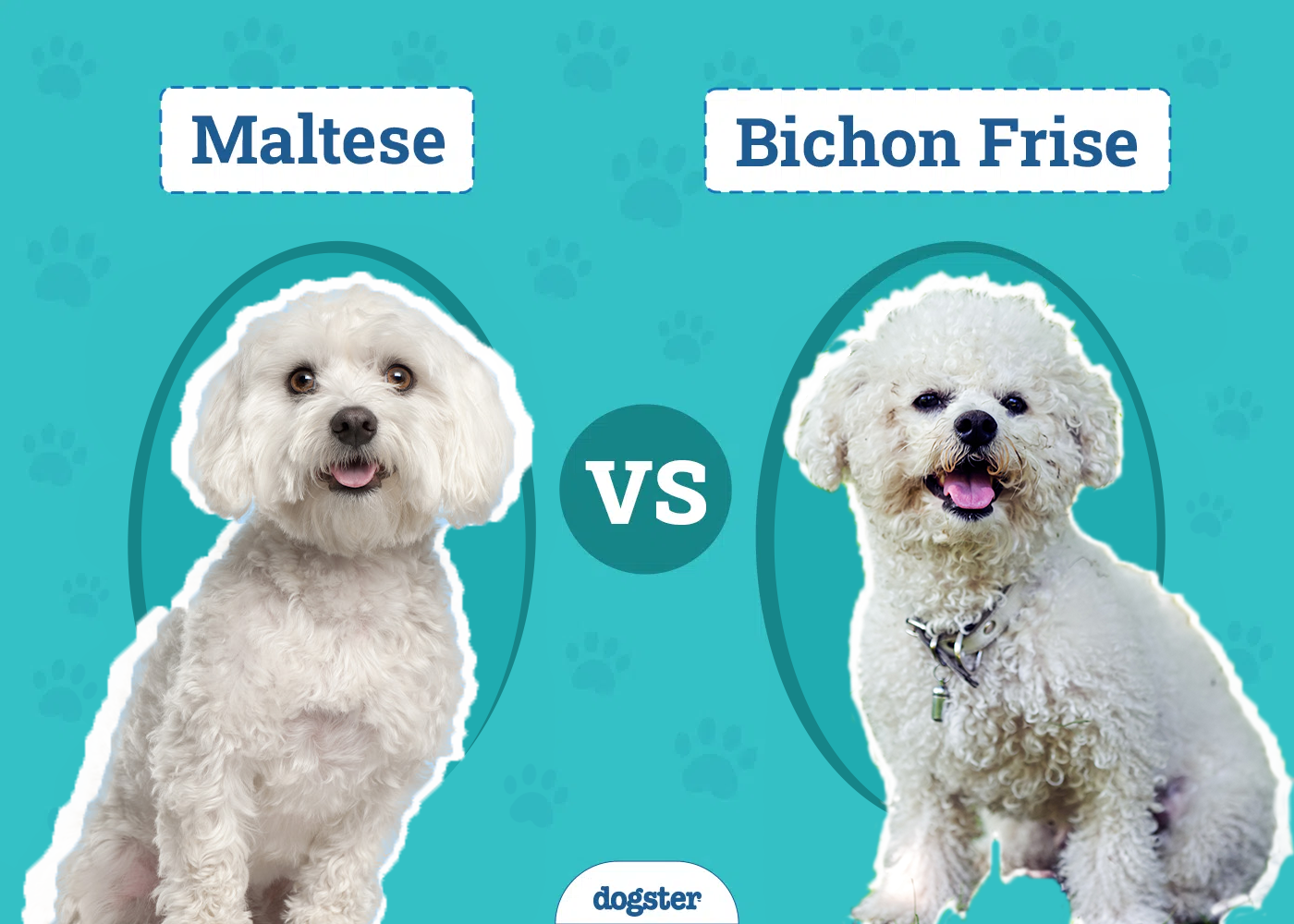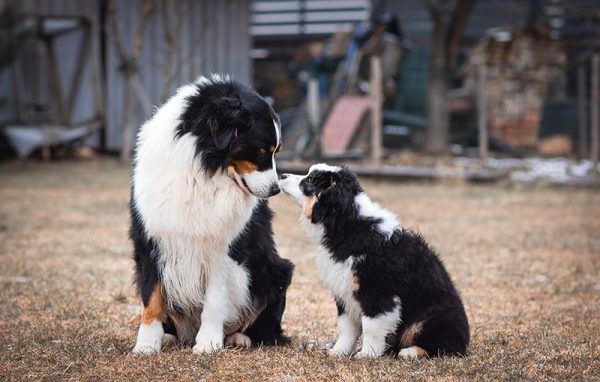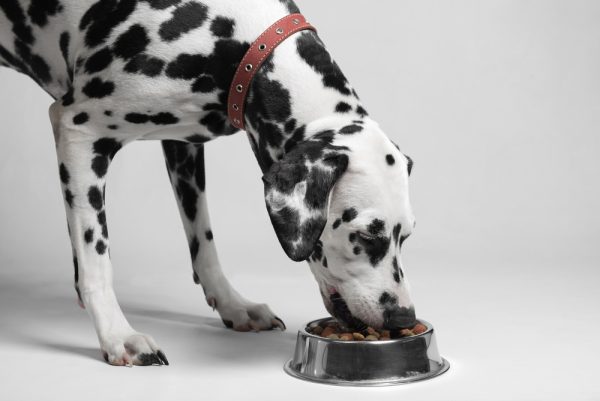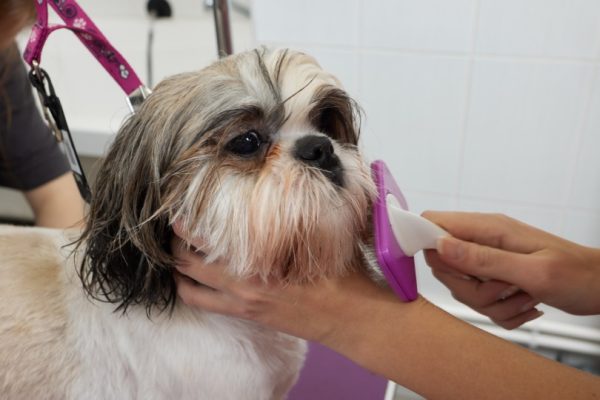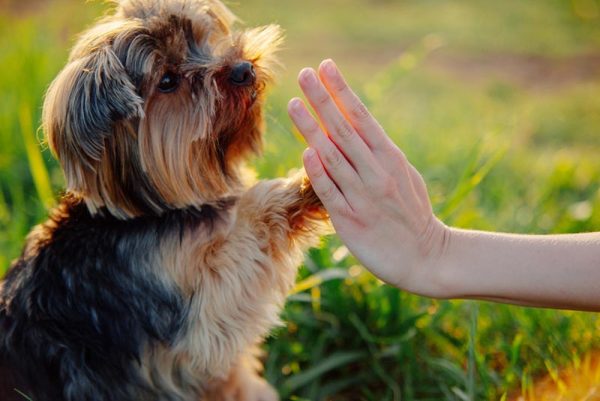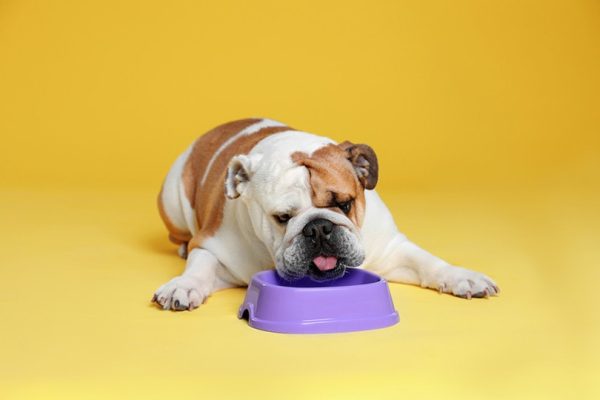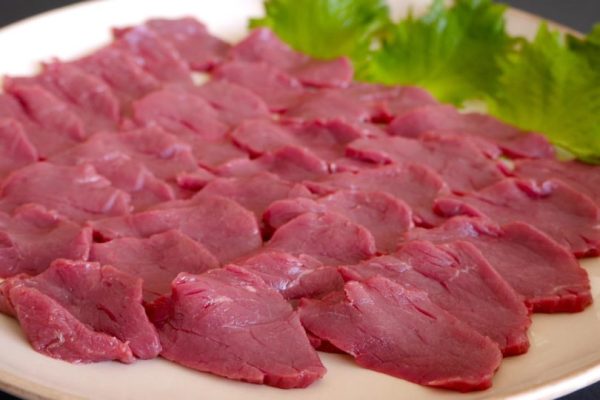In this article
View 3 More +When it comes to choosing the perfect companion, dog lovers must sort through a multitude of adorable options. Two popular small breeds that frequently capture the hearts of pet enthusiasts are the Maltese and the Bichon Frise.
If you are struggling with which one to get, keep reading as we discuss the personality, intelligence, and healthcare requirements of each to help you decide which one is better for your home.

Visual Differences
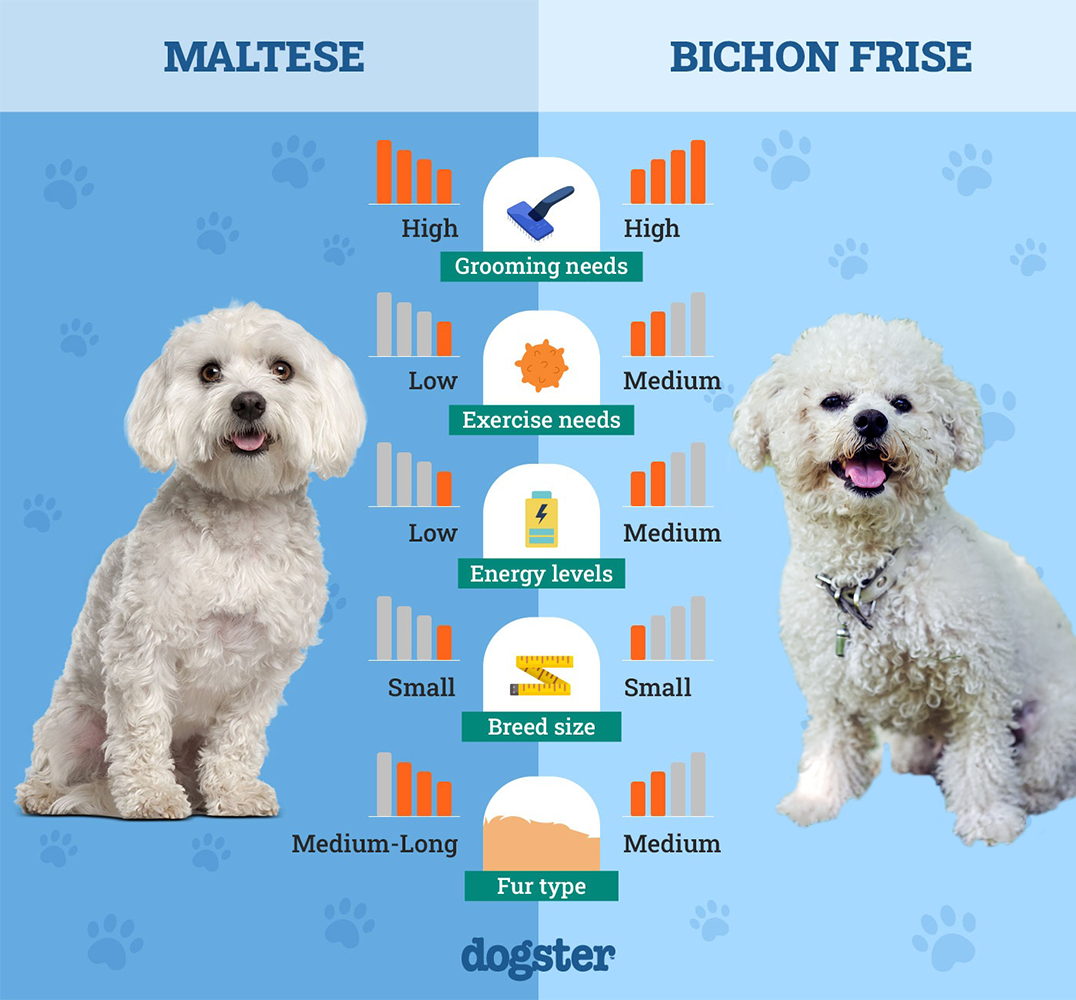
At a Glance
- Average height (adult): 7–10 inches
- Average weight (adult): 4–7 pounds
- Lifespan: 12–15 years
- Exercise: 30+ minutes a day
- Grooming needs: High
- Family-friendly: Yes
- Other pet-friendly: Often
- Trainability: Intelligent, eager to please, stubborn
- Average height (adult): 9–12 inches
- Average weight (adult): 7–18 pounds
- Lifespan: 12–15 years
- Exercise: 1+ hours a day
- Grooming needs: Moderate
- Family-friendly: Yes
- Other pet-friendly: Often
- Trainability: Intelligent, eager to please, sensitive

Maltese Overview
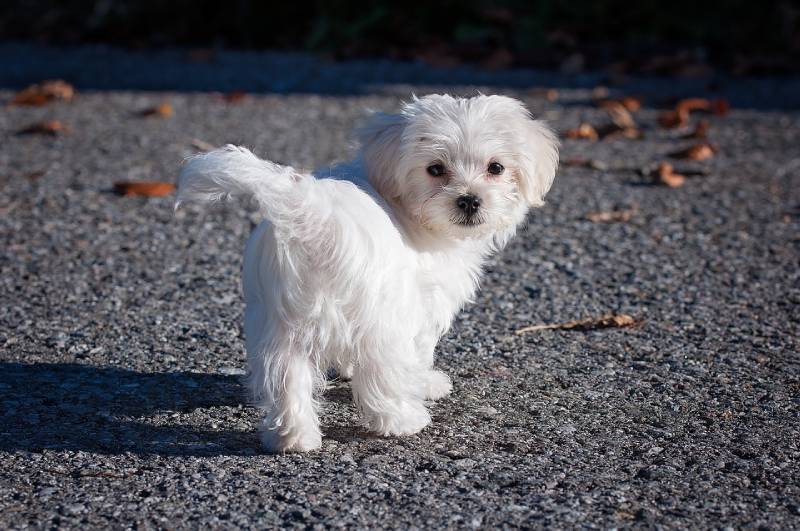
Personality/Character
Maltese dogs have a deep affection and devotion to their human companions, thrive on human interaction, and love being part of the family. Many owners report that they enjoy cuddling, snuggling, and being close to their owners, making them excellent lap dogs and companions. They are protective and often alert their owners to threats or strangers approaching their territory.
They enjoy chasing toys, playing fetch, or participating in puzzle games. They have a calm disposition and are often patient with children, especially when socialized. They thrive in social settings and are often friendly toward strangers.
Training
Since many Maltese dogs have a stubborn streak, training requires patience, consistency, and positive reinforcement. Begin training your Maltese as soon as you bring them home. Early socialization and basic obedience training are essential for their development.
Keep training sessions short and focused, use gentle, patient training methods, and establish a routine. With persistence, you will find your pet capable of learning complex tricks and commands.
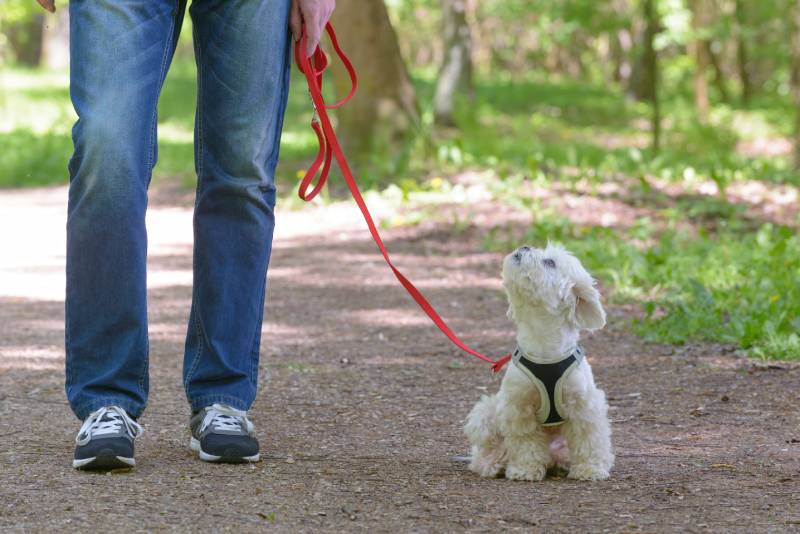
Health & Care
Maltese dogs are generally healthy but can suffer from several health issues, including dental disease, patellar luxation, progressive retinal atrophy, portosystemic shunt, and white shaker syndrome. However, not all Maltese dogs will develop these health issues, and responsible breeding practices can help reduce the risk.
In addition, regular veterinary check-ups, a nutritious diet, proper grooming, and attention to their overall well-being will enable you to maintain the health of your Maltese companion.
Suitable For:
A Maltese dog is a great family pet and will make an excellent companion for individuals or couples looking for a small, affectionate, and loyal dog. They are also a wonderful choice for seniors looking for a low-maintenance pet, as they are typically well-behaved and adaptable to apartment living and don’t require extensive exercise.
They produce fewer allergens compared to most other breeds, so they will typically cause fewer or less severe reactions in individuals with allergies.

Bichon Frise Overview
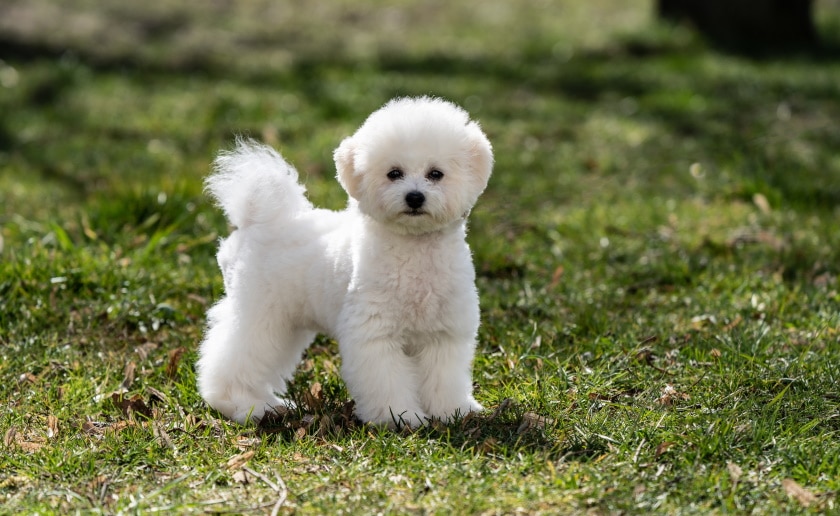
Personality/Character
The Bichon Frise has a playful and lively demeanor that will bring joy and entertainment to their owner. They have a knack for finding fun in everyday activities and are always up for a game or interactive playtime. Like the Maltese, they form strong bonds with their human family members and thrive on close companionship.
They enjoy being around people and other pets and are typically friendly and welcoming toward strangers.
Training
Training a Bichon Frise is similar to training a Maltese, and they respond well to positive reinforcement methods like treats, praise, and rewards to motivate and reinforce good behavior. Socialize your Bichon Frise early to ensure that they are comfortable and well-adjusted in various social situations, making them less likely to get distracted.
Starting early and getting them into a routine is the most effective strategy and will help you get a headstart on obedience training, leash training, and tricks.
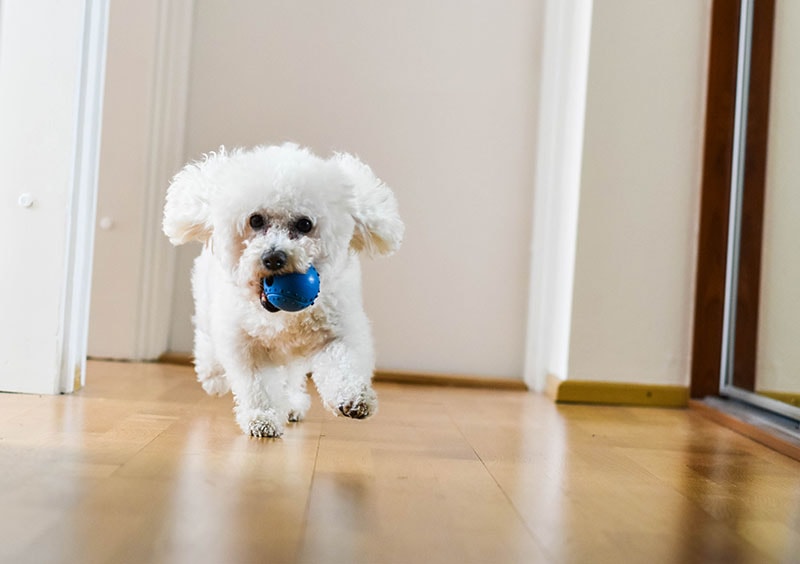
Health & Care
The Bichon Frise is a healthy breed, but common health issues can include allergies, patellar luxation, eye problems, hip dysplasia, and bladder stones. Regular veterinary check-ups can help you find problems faster, when they are usually easier to treat, and a healthy diet with plenty of exercise will help reduce the risk of a health problem developing.
Suitable For:
The Bichon Frise is known for their friendly and affectionate nature, making them a great family pet that usually gets along well with children. They are a good choice for individuals or couples seeking a small, loving, and devoted dog and active individuals who can provide regular exercise and engage them in activities to keep them physically and mentally stimulated.

Which Breed Is Right for You?
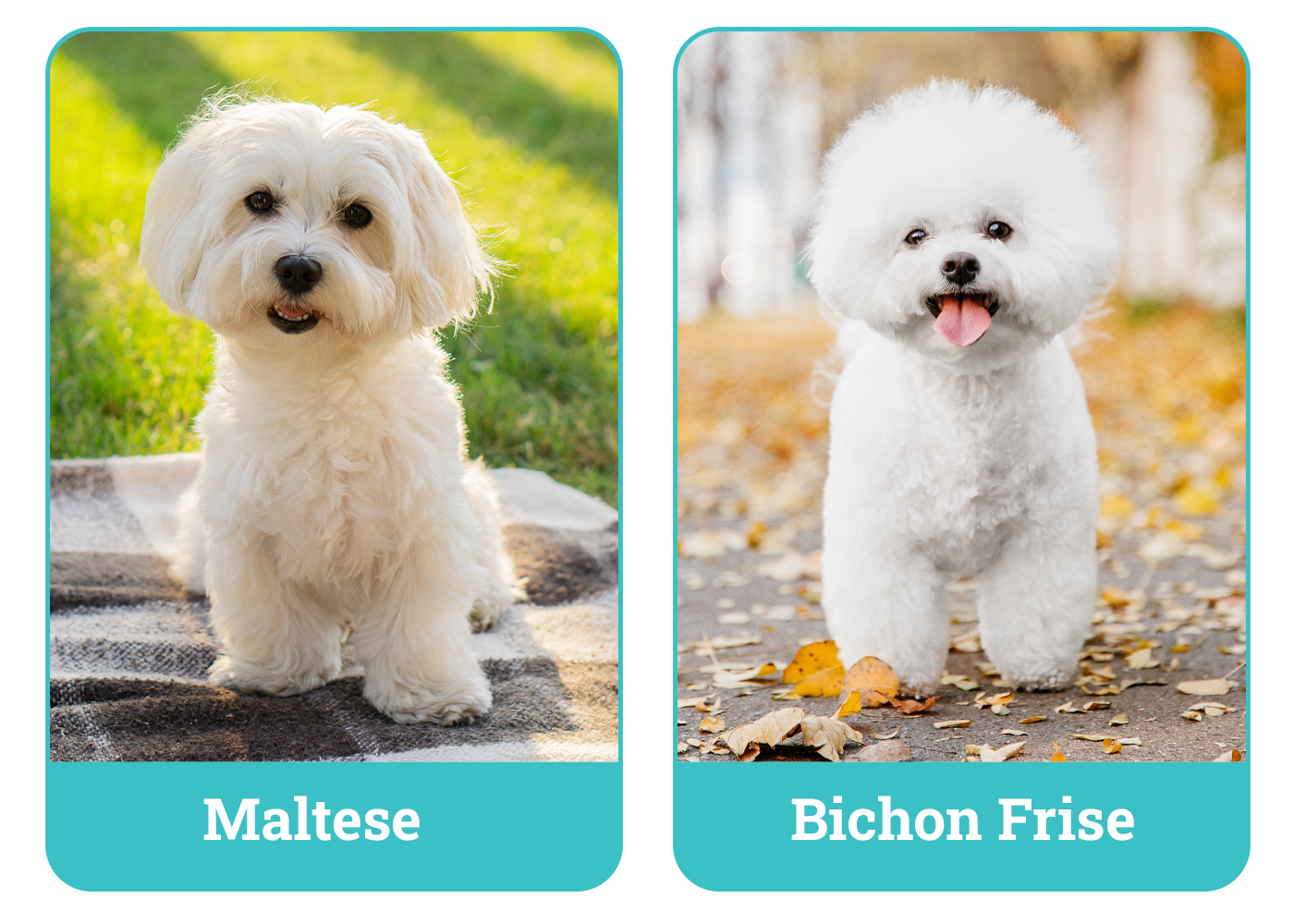
Deciding between Maltese and Bichon Frise depends on your personal preferences and lifestyle. Maltese are generally smaller than Bichon Frise dogs, but they are otherwise quite similar. Both have high grooming needs, moderate exercise needs, and friendly, family-oriented personalities. Another benefit is that neither produces much dander, which is good news for allergy sufferers.
See Also:
Featured Image Credit: Top – RitaE, Pixabay | Bottom – Anna Bondarenko, Pexels
